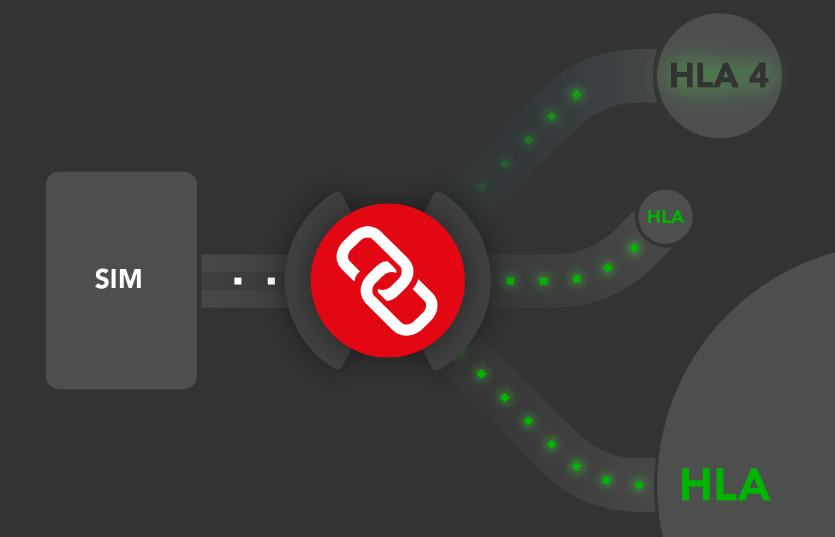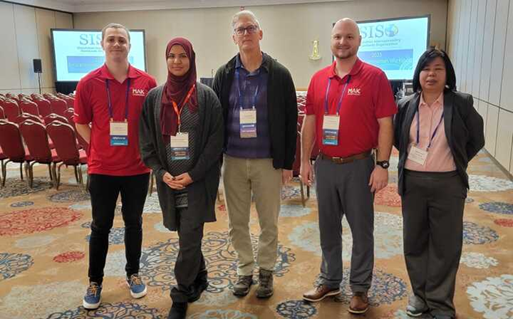
Open Standards Milestone: HLA 4 passes IEEE balloting
HLA 4 passed the first round of IEEE balloting! MAK is proud to have worked diligently alongside the interoperability community to progress the open standards process to reach this HLA 4 milestone. We're looking forward to the finalization of the standard and implementing it into our MAK ONE suite of simulation software.
While ensuring that HLA 4 passed balloting was a community effort, we want to acknowledge the MAKers who stepped up to help lead the process over the years – in particular, Doug Wood. A MAKer for 23 years, Doug is an integral member of our interoperability team who has dedicated years of time to make this a success. Thank you to Doug and all the folks who are making HLA 4 a reality!

New in HLA 4
This version of HLA formalizes items that haven’t been formally part of the standard. Here are a few of the updates:
- The specification for extending the federation object model (FOM) with additional class attributes and interaction parameters was greatly simplified. Instead of requiring new leaf classes to be defined, attributes and parameters can now be added to existing classes. This capability drastically simplifies adding base-level attributes shared among many or all classes.
- The addition of the relaxed DDM method of a-priori specifying a fixed grid of DDM regions and clarifying the rules for updates when entities intersect those regions. This mode was introduced to allow RTIs to use a fixed-grid implementation for DDM. Fixed-grid implementations can allow reflected updates even when update and subscription regions do not overlap. The additional received updates are offset by a significant reduction in exchanging region information required by other DDM implementations.
- As an added security measure, a federate authorization capability now allows the use of certificates during connect, create, and join services to authenticate participants. It is a way to require federates to submit a certificate so that only authenticated federates are permitted to participate.
- The addition of directed interactions enables federates to direct interactions to specific object instances. This capability can be used to reduce the transmission of large interactions to only those specific federates that owns the object instance that is the interaction’s target.
- A federate protocol was added that supports the use of proto-buffers to make RTI service calls remotely via a server using either the C++ or Java RTI APIs (or internal RTI infrastructure). The use of a wire standard protocol and proto-buffers supports a wide variety of programming languages (python, c#, PHP, Swift, Rust) and environments such as MatLab and Game engines.
Just like we started out 30+ years ago, MAK remains committed to continuing the advancement of open standards and the open standards process – HLA and beyond!

